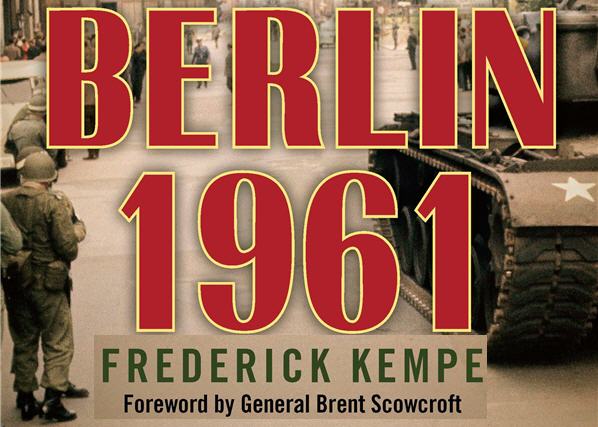
Some of the best political humor grew out of Eastern Europe during the Cold War, when tens of millions of oppressed people let off steam through laughter.
The Soviet public’s growing awareness of their country’s failings in 1961 had produced a bumper crop of jokes, told in the growing food lines as Soviet leader Nikita Khrushchev hop scotched the country:
Q. What nationality were Adam and Eve?
A. Soviet.
Q. How do you know?
A. Because they were both naked, had only an apple to eat, and thought they were in paradise.
Some of the jokes involved the new U.S. president:
President John Kennedy comes to God and says: “Tell me, God, how many years before my people will be happy?”
“Fifty years,” replies God.
Kennedy weeps and leaves.
Charles de Gaulle comes to God and says: “Tell me, god, and how many years before my people will be happy?”
“A hundred years,” replied God.
De Gaulle weeps and leaves.
Khrushchev comes to God and says: “Tell me, God, how many years before my people will be happy?
God weeps and leaves.
For Khrushchev, however, such humor was no laughing matter.
What made him all the more vulnerable to his enemies during to the Berlin Crisis of 1961 was how badly the Soviet economy was performing. During his agricultural tour, Khrushchev had seen the ugly truth behind overly optimistic reports from provincial sycophants: Soviet farming was failing because of erratic planting, bad harvests, and dreadful distribution systems that often left crops to rot.
A new Soviet statistical yearbook showed the Soviet Union had achieved some 60 percent of America’s gross national product, but that was certainly an exaggeration. The CIA pegged it at closer to 40 percent, and other experts estimated that the Soviet economy’s size was no more than 25 percent of the U.S. level.
Agricultural productivity was a third of the U.S. level and shrinking.
At one local Communist party gathering after another, Khrushchev demanded that his underlings match American economic and agricultural benchmarks and exceed U.S. milk and meat productivity, goals that had been his fixation since his 1959 visit to the American heartland. In confessing his inadequacy, one party secretary named Zolutukhin, from the Western provincial capital of Tambov on the Tsna River, pulled down his trousers and asked Khrushchev to lash him three times.
“Do you think this will give us some sort of thrill,” barked Khrushchev. “Why would we keep such secretaries?”
When comrades questioned the wisdom of benchmarking against imperialists, Khrushchev said America was “the highest stage of capitalism,” while the Soviets were only just getting started building the foundation for the house of communism – “and our bricks are production and consumer goods.”
His fear: with East Germany imploding and his agriculture in crisis, the Soviet building project was in serious danger – and so was he.
Fred Kempe is president and CEO of the Atlantic Council. His latest book, Berlin 1961, was published May 10. This blog series originally published by Reuters.
Image: berlin1961-cropped.jpg
